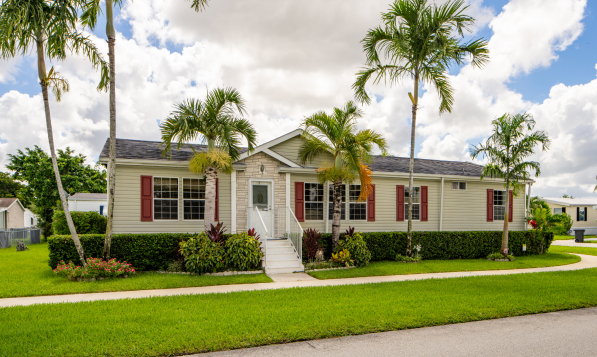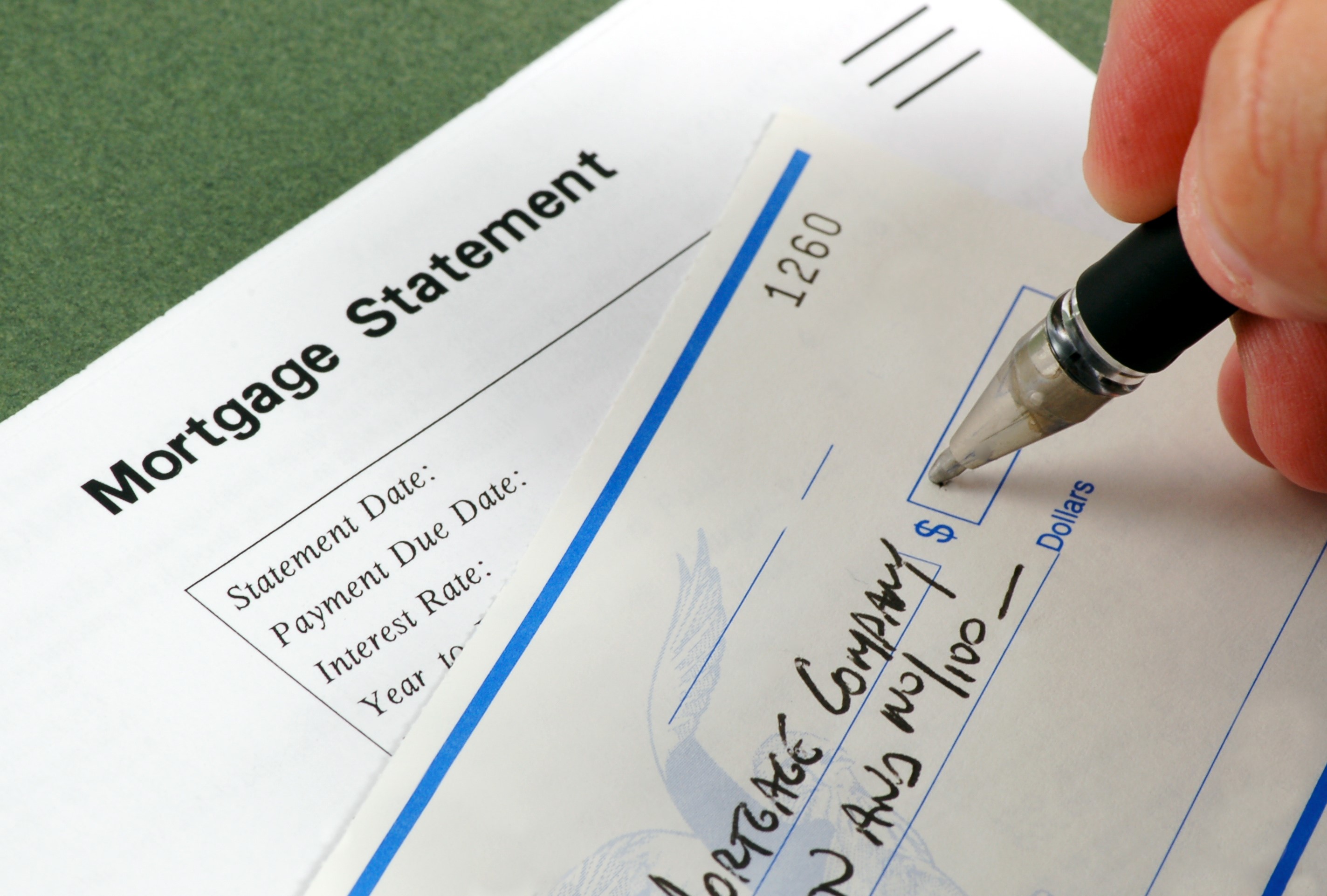Manufactured vs. Modular Homes
When it comes to residential construction, there is a wide range of housing options to suit different needs and preferences. Among these...

When people talk about mortgage points, they could be talking about a few different things. Some folks may refer to origination points as mortgage points. However, origination points are better understood as the traditional fees associated with the processing of a loan application. In this piece, we will be considering the mortgage points that most people are referring to as discount points.
The simplest way to understand a discount point is to think of it as up-front interest. It is a cost due at the closing of the loan used to buy a lower interest rate. The “point” itself represents a percentage of the loan amount. Calculating that against a $300,000 loan would mean that 1 point equals $3,000 ($300,000 x 1%) and thus ½ point equals $1,500 ($300,000 x .5%).
If you chose to buy points, it will show as a cost at closing. You can pay for the point out of pocket or on a refinance you also have the option to finance it into the loan, provided you have enough equity. Regardless of how it is paid, the lower interest rate you purchased will remain throughout the life of the loan.
Points are published daily by lenders alongside interest rates. For this reason, you may find some inconsistency regarding how many points it takes to get the interest rate you want. A .125% decrease in the interest rate at one lender may cost .5 points whereas it may cost .625 points at another. Though optional, points are part of your total cost at closing. It is never a bad idea to ask if points are included in a quote or estimate as some lenders frequently quote rates with points.
At CapCenter, we publish our daily rates with our zero-point rate and a couple of point options next to them. You can toggle scenarios on our loan calculator to understand how points may affect your loan.
The easiest way to answer this question is with a question – how long do you plan on keeping the mortgage? On average, it takes between five and ten years to recoup the up-front cost of discount points. You’ll hear this referred to as the recoupment period. The calculation is as follows:
Standard zero-point rate monthly payment (s) – monthly payment for rate with points (p) = difference (d)
s – p = d
Cost of points (c) / difference (d) = recoupment period in months (m)
c / d = m
Recoupment period in months / 12 = recoupment period in years (y)
m / 12 = y
As an example, we’ll assume a loan amount of $300,000 with a standard interest rate of 3.000% over 30 years. Rounding to the nearest dollar, the monthly principal and interest payment on this loan would be $1,265. You can pay $1,500 (.5 points) up-front for an interest rate of 2.875. This brings your monthly principal and interest payment down by $20 to a new monthly payment of $1,245.
To determine the recoupment period, you then divide the up-front cost of the points by your monthly savings; $1,500/$20 = 75 months. To find years, you simply divide that number by 12; 75 months / 12 = 6.25 years. So, in this scenario, unless you expect to keep the mortgage for more than 6 years and 3 months, you won’t save any money by buying the points. If the property you’re buying is only a “5-year home” or you expect rates to drop to a level where a refinancing would be advantageous in the next 6 years and 3 months, points would not be worth the up-front cost. The same math can be applied for closing costs – why pay closing costs when you don’t have to?
If you are seriously considering buying points, you should ask your loan consultant to run this calculation for you with multiple scenarios. If you are casually considering points and don’t have the house in your long-term plans, then you should probably just try to find the best rate with the lowest costs. At CapCenter, this is where we excel!

When it comes to residential construction, there is a wide range of housing options to suit different needs and preferences. Among these...

As a first-time home buyer, there can be so many new concepts, options, and terms flying around, it can sometimes feel a bit overwhelming. And...

As a first-time home buyer, there can be so many new concepts, options, and terms flying around, it can sometimes feel a bit overwhelming. And...

2 min read
As a first-time home buyer, there can be so many new concepts, options, and terms flying around, it can sometimes feel a bit overwhelming. And...

2 min read
What is refinancing? Anyone paying monthly on a loan should be familiar with the opportunity to refinance, but what exactly does...

2 min read
Buying or refinancing a home can seem like an intimidating task. The application process alone can take a lot of time and effort,...